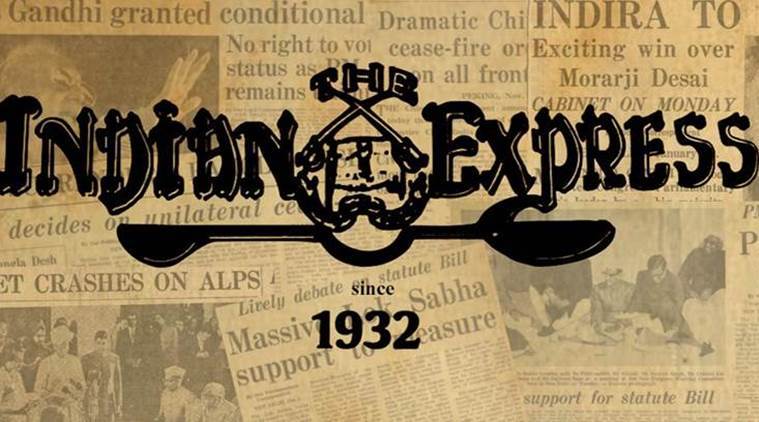 What message is sent out when an institution that counts amongst its alumni bureaucrats, academics, politicians and writers is seen to become party to shrinking the space for dialogue rather than expanding it?
What message is sent out when an institution that counts amongst its alumni bureaucrats, academics, politicians and writers is seen to become party to shrinking the space for dialogue rather than expanding it?
West Bengal Chief Minister Mamata Banerjee’s nonchalance after St Stephen’s college cancelled the event at which she was to address students could have been foretold. She “doesn’t mind”, she said, because she had a “packed schedule” during her three-day visit to the Capital. Banerjee revels in the self-image of a mass leader and the TMC may woo the intellectual class but does not depend on it. But in this episode, St Stephen’s, touted for decades as a premier seat of higher learning, particularly in the liberal arts, has come up short on multiple counts.
On August 1, the Planning Forum (PF) — a society of the college — invited Banerjee to address students. The PF’s attempts to secure permission from the college for the event through an online application process failed due to a faulty server, the written request received no response, and finally, the principal denied permission without citing a reason for doing so. Even procedurally, such opacity is counterproductive: It has fuelled speculation that the event was cancelled due to pressure from the Union government. But beyond the optics of denial, a larger question looms. What message is sent out when an institution that counts amongst its alumni bureaucrats, academics, politicians and writers is seen to become party to shrinking the space for dialogue rather than expanding it? Essential to higher education is the spirit that animates liberal values, of listening to and critically engaging with all voices, even and especially those that are opposed to the dominant political narrative.
The targeting of institutions of higher education and the shrinking space for dissent that they offer have been matters of concern at least since the February 2016 incident at Jawaharlal Nehru University. But what is most worrying about the cancellation of the August 1 talk is the silence that has followed. No major protests from the student body or teachers’ groups have ensued, a marker either of apathy or fear of institutional reprisal, neither of which bodes well. On Tuesday, an event launching a student magazine for which prior permission was sought by the NSUI, was also cancelled at Delhi University, and the issues of free speech and students’ rights that it ought to have flagged have been lost in an exchange of allegations about the minutiae of rules and regulations — whether or not permission was sought for the exact route the participants at the event were to take. If elite institutions with influential alumni groups succumb to pressures, real or imagined, what hope is there for other colleges and universities with far fewer resources and a lot more to lose?